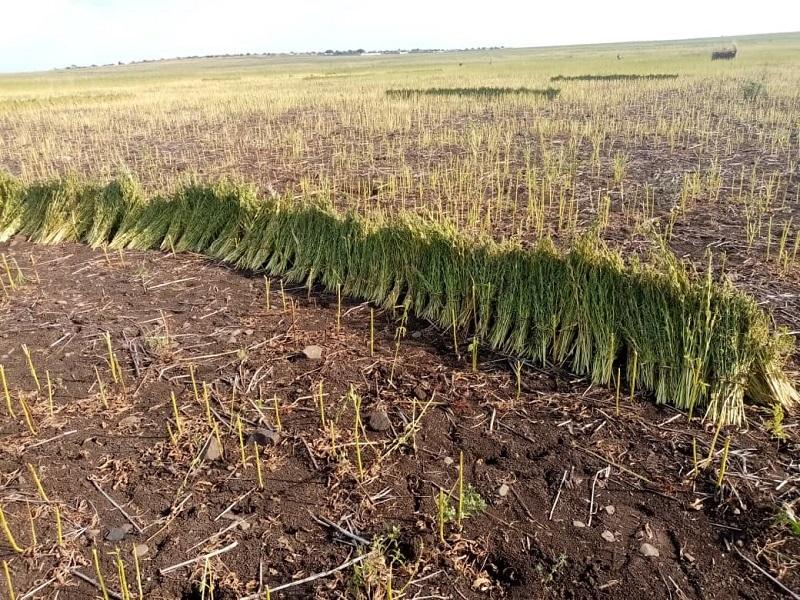The agricultural sector in Sudan’s El Gezira region is facing near collapse after enduring three consecutive failed seasons. Once a cornerstone of Sudan’s food production, the area particularly the Managil Extension Project has been devastated by war, a decaying irrigation system, soaring input costs, and a complete lack of government and banking support.
Farmers are grappling with a painful reality marked by rising prices for seeds and fertilisers, poor irrigation, and the absence of critical machinery. Many have been forced to abandon staple crops like wheat and turn to vegetables, often without the resources or infrastructure to support such a transition. Canals remain clogged with weeds, fractured channels threaten fields with flooding, and basic preparatory work has been stalled due to lack of fuel, equipment, and financing.
Prior to the 2023 invasion of Wad Madani by the Rapid Support Forces, productivity was high. Farmers achieved significant yields in crops like beans, corn, and wheat. Since then, however, farming operations have slowed drastically, and agricultural inputs once provided on credit have ceased entirely. Water shortages, floods, and delays in canal cleaning have further hindered planting.
The cost of farming has become prohibitive. Fertiliser prices have risen sixfold, and preparing an acre of land now costs up to 150,000 Sudanese pounds. Many farmers, unable to meet these costs or access loans, have left their lands idle or leased them out. Agricultural offices have been destroyed, and inputs like corn and salt have been looted. Farmers are also being extorted, facing arbitrary harvest fees and heavy fines.
The last successful season was during the transitional government in 2019–2020, when large-scale wheat cultivation was supported by the Agricultural Bank. Since then, unsupportive economic policies and deteriorating security have left the sector in disarray. Farmers now call for urgent international intervention, including direct support independent of the government, emergency infrastructure repair, and provision of inputs.
While the outlook remains grim, some farmers hold onto hope that, with immediate action such as canal rehabilitation, fertiliser provision, and the re-establishment of funding mechanisms the sector could recover. However, until conflict subsides and functional governance returns, the future of agriculture in El Gezira remains deeply uncertain.

